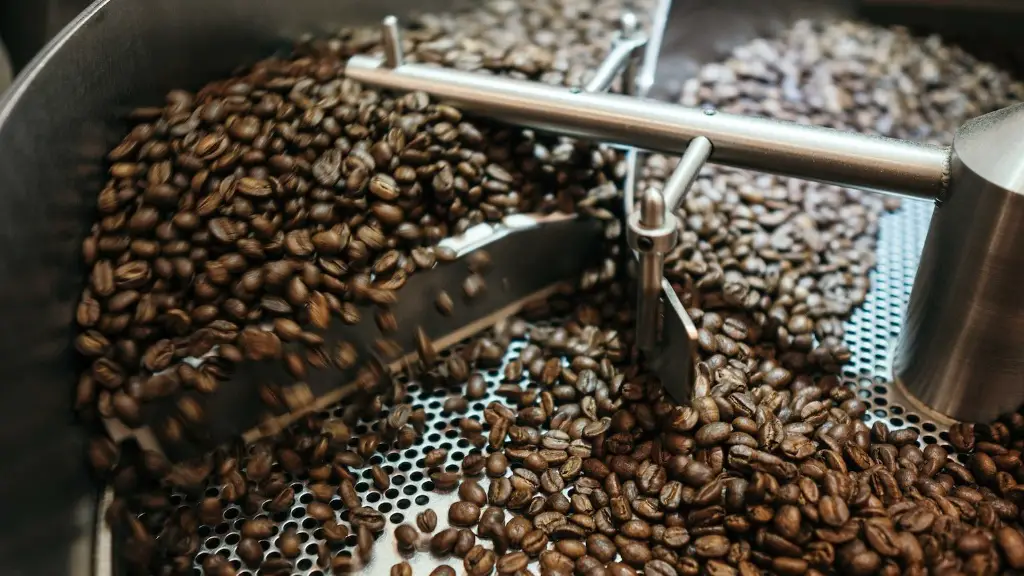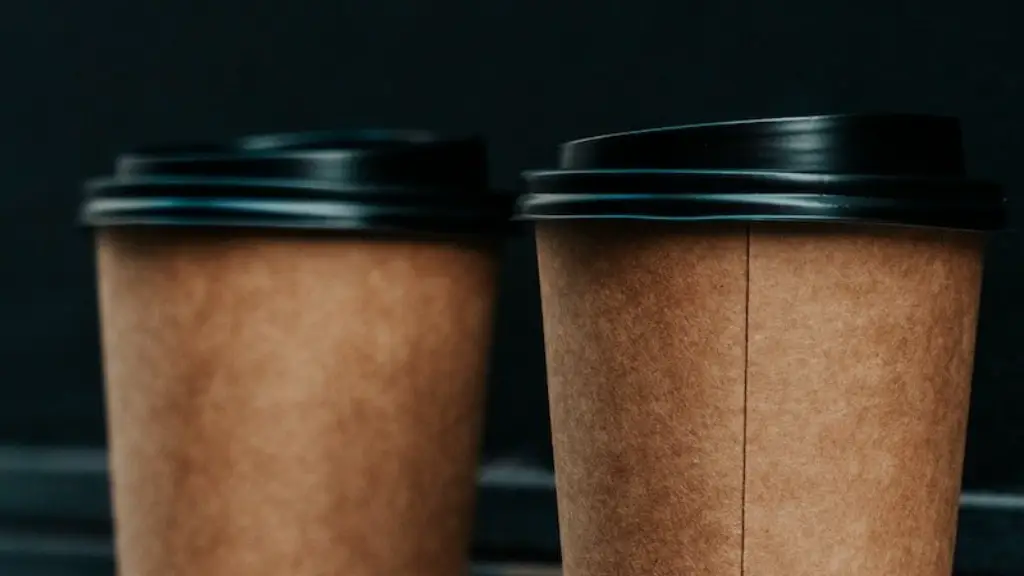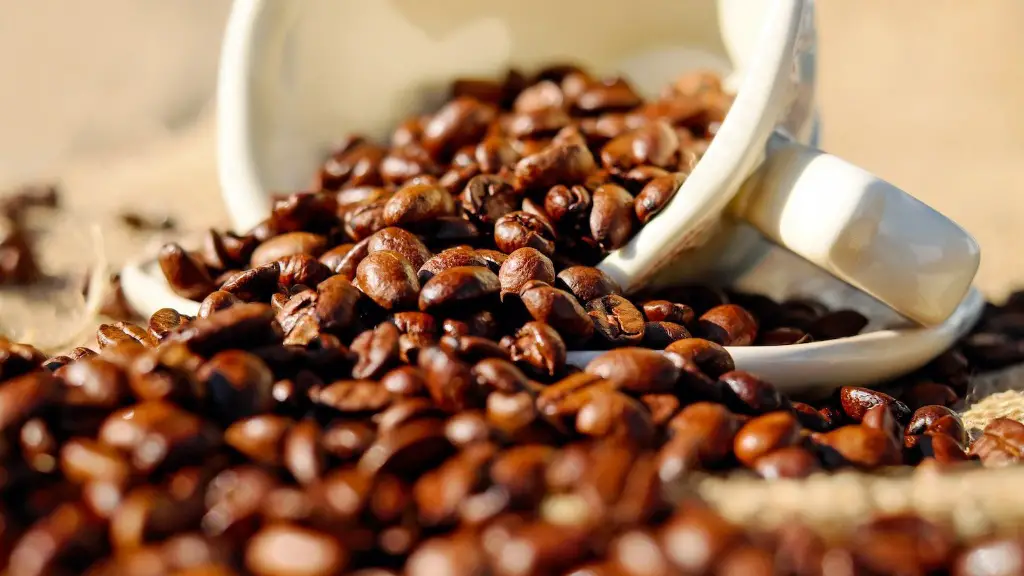Coffee and Fasting: Is it Safe?
Fasting has become increasingly popular over the past decade. From intermittent and extended to time-restricted fasting, people have adopted this dietary trend for a variety of reasons, including weight loss, detoxification and improved self-control. Whether you’ve simply been exploring the different types of fasting or have been following a fasting protocol for some time, you may have asked yourself whether it’s OK to drink coffee while fasting.
Caffeine, the potent compound found in coffee, is considered an appetite suppressant and has long been used to maintain alertness and reduce fatigue. Yet there is much debate among health experts and practitioners about the benefits or risks of drinking coffee in combination with fasting.
The Pros and Cons of Drinking Coffee While Fasting
There is no single answer to the question of whether it’s ok to drink coffee when fasting, as opinions vary. Some experts maintain that it’s acceptable to drink coffee while fasting in moderation, while others argue that doing so could impair your metabolism and affect your overall health.
Supporters of drinking coffee while fasting argue that it can enhance energy levels and mental clarity, increase alertness and help reduce hunger. Additionally, caffeine has been shown to have a positive impact on exercise performance and endurance. On the other hand, opponents of drinking coffee while fasting claim that it could lead to dehydration, disrupt digestion and make it more difficult to reach a state of calmness and tranquility.
Since the effects of combining coffee and fasting vary from person to person, it’s a good idea to do some research and pay attention to the signs your body is giving in order to make an informed decision.
How to Safely Integrate Coffee While Fasting
If you are considering drinking coffee while fasting, it’s important to do so responsibly and to recognize when it might be best to skip it. Here are a few tips to keep in mind in order to safely integrate coffee with your fasting protocol:
- Drink black coffee with no cream, sugar, or added flavoring. Caffeine is a diuretic and can lead to dehydration, so make sure to drink plenty of water throughout the day.
- Be mindful of how much coffee you are drinking and limit your intake to two to three cups per day.
- Eat a nutrient-rich diet that includes a variety of fresh fruits and vegetables, lean proteins, complex carbohydrates, and healthy fats to ensure that you are getting the proper nutrition when fasting.
- Listen to your body—if you feel tired, irritable, or jittery after drinking coffee, it might be best to skip it.
Benefits of Caffeine and Fasting
Studies have shown that combining fasting with caffeine can have a number of health and performance benefits. Drinking coffee while fasting can increase your cortisol levels, resulting in increased energy, mental clarity, and elevated mood. Additionally, when done in moderation, drinking coffee while fasting could help preserve muscle mass and improve athletic performance.
Caffeine may also offer some additional benefits, such as promoting fat loss and increasing longevity. Research suggests that caffeine can increase metabolic rate and fat burning, potentially leading to weight loss. Additionally, caffeine has been linked to increased longevity by reducing the risk of certain diseases, such as type 2 diabetes and some forms of cancer.
Risks of Caffeine and Fasting
While there are some potential advantages to combining coffee and fasting, it’s important to remember that both caffeine and fasting come with risks and side effects. Caffeine can cause nervousness, restlessness, and insomnia, which could make it difficult to stay on track with your fasting protocol. Too much caffeine may also lead to dehydration, blood sugar imbalances, and digestive issues.
Fasting also carries certain risks and can be particularly difficult for people with diabetes or low blood sugar. Additionally, long periods of fasting can cause nutrient deficiencies, electrolyte imbalances, and a decrease in appetite, which can all lead to fatigue, headaches, and other health-related issues.
Conclusion
Drinking coffee while fasting is, for the most part, safe, but it’s important to understand the risks and benefits of combining these two dietary trends. While coffee can offer a variety of health and performance advantages, it’s best to drink responsibly and in moderation. Additionally, if you have diabetes, low blood sugar, or other health conditions, it might be best to skip the coffee and focus on following a safe and healthy fasting protocol.


